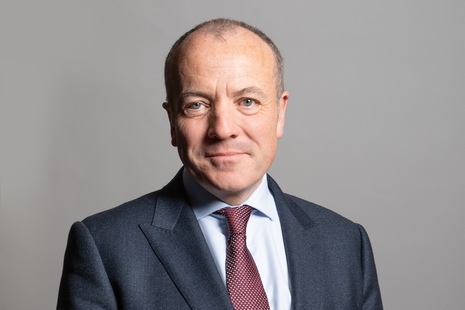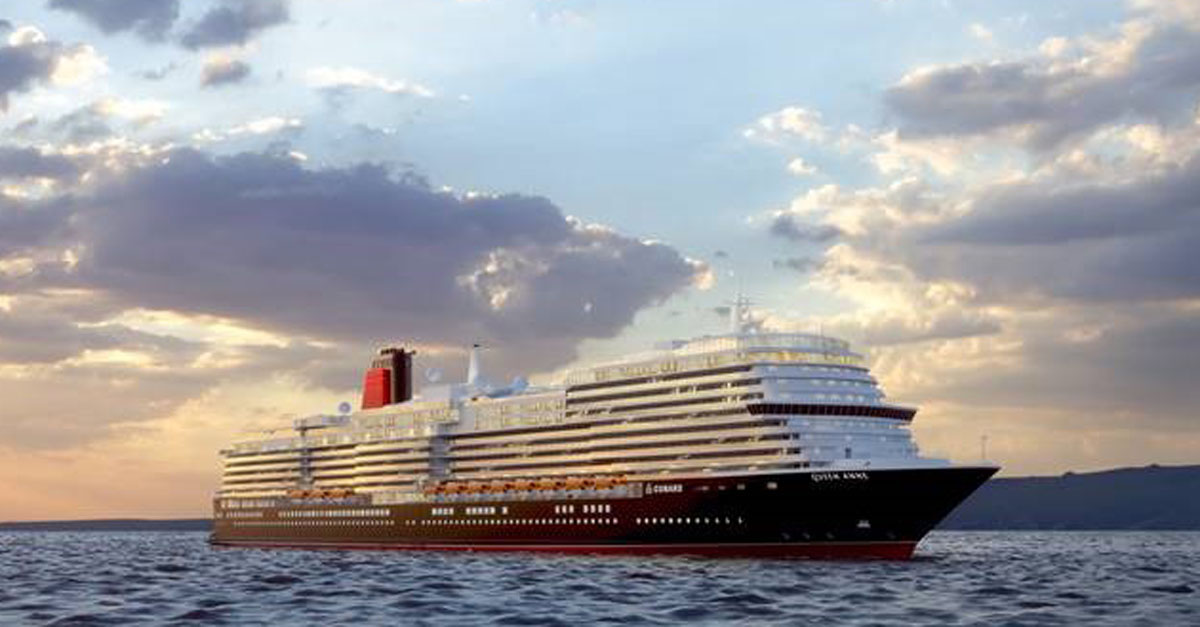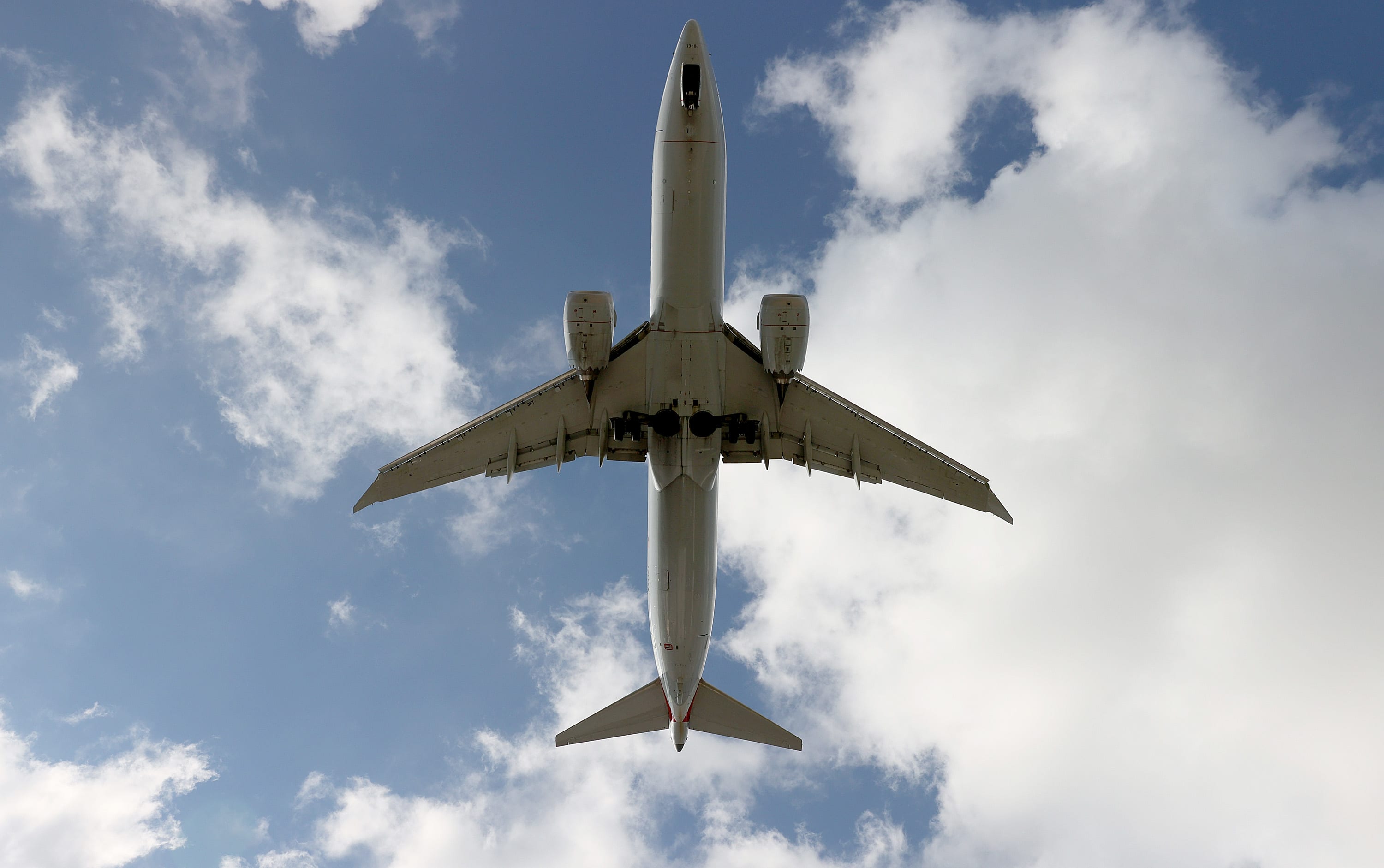Government and aviation leaders hail New Year launch of SAF mandate
UK departing flights to operate on at least 2% sustainable aviation fuel this year

Aviation minister Mike Kane joined industry leaders in hailing the start of the UK’s sustainable aviation fuel (SAF) mandate from New Year’s Day, with the Department for Transport (DfT) claiming “flights departing the UK will use greener fuels from today”.
The mandate requires that SAF comprise at least 2% of all jet fuel in flights taking off from the UK this year, rising to 10% by 2030 and 22% by 2040.
It is among the first SAF mandates in the world, with an EU mandate requiring at least 2% SAF use this year, rising to 6% by 2030 and 20% by 2035, also coming into force.
The first generation of SAF fuels, made from used cooking oil or household waste, are calculated to reduce carbon emissions from flights by up to 70% compared with oil-based jet fuel over the lifecycle of the feedstocks, since the process re-uses CO2 absorbed by the feedstocks.
The UK mandate will require about 1.2 million tonnes of SAF a year by 2030. However, there is only one SAF plant in production in the UK – the Philips 66 refinery on the Humber.
The government hopes the mandate will lead to the creation of thousands of jobs around the country and make the UK “a clean energy superpower”.
Kane said: “Today marks a significant milestone for the UK SAF industry. From this moment on, aviation will be a greener, more sustainable form of travel.
“With thousands of jobs supporting the UK SAF industry and flying becoming popular than ever, the mandate will help deliver our Plan for Change, helping to grow the economy and giving people the freedom to travel in a more sustainable way.”
Airlines UK chief executive Tim Alderslade welcomed the mandate “as both a powerful and practical tool for driving down aviation carbon emissions and a clear signal that the industry is committed to a net zero future”.
He said: “Our priority is ensuring airlines have access to the increasing volumes of SAF required to meet the mandate at the most competitive price possible as global demand soars.”
But Alderslade added: “The UK mandate is ambitious and scaling SAF production will mean work to expand eligible feedstocks, incentives to help cut costs and, critically, ensuring the design of the [promised] revenue certainty mechanism enables the UK to increase production of advanced fuels whilst keeping costs as low as possible.”
Karen Dee, chief executive of AirportsUK, also hailed the mandate as “an important step towards decarbonising air travel”, saying: “Aviation knows it must reduce carbon emissions. The mandate is something long called for to help establish production of cleaner fuels.”
Duncan McCourt, chief executive of the Sustainable Aviation industry coalition, said the mandate would “drive the demand needed to help deliver SAF at scale”.
He argued: “SAF is a critical component in the industry’s plan to reach Net Zero, representing almost 40% of the carbon reduction that will make net zero a reality in 2050.”
But McCourt added: “We need a well-designed revenue certainty mechanism to help accelerate domestic SAF production and support compliance with the mandate, kickstarting UK SAF production in earnest.”
The DfT described the SAF mandate as “only one milestone on the UK’s path towards decarbonising aviation” noting the first meeting of a “new and refreshed” Jet Zero Taskforce charged with “charting a clear path toward cleaner aviation” took place in December.
The government confirmed it will introduce a revenue certainty mechanism for SAF producers, aimed to attract investment in new plants in the UK, with a consultation on the mechanism to be launched “early this year”.

 JaneWalter
JaneWalter 































